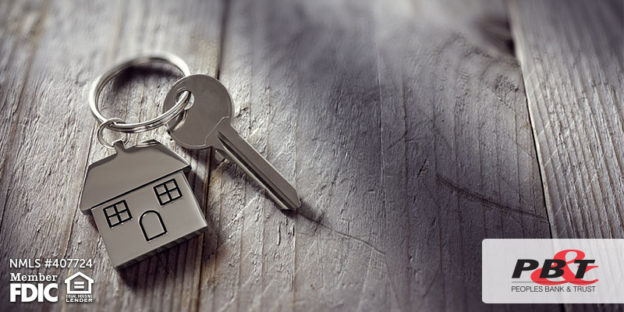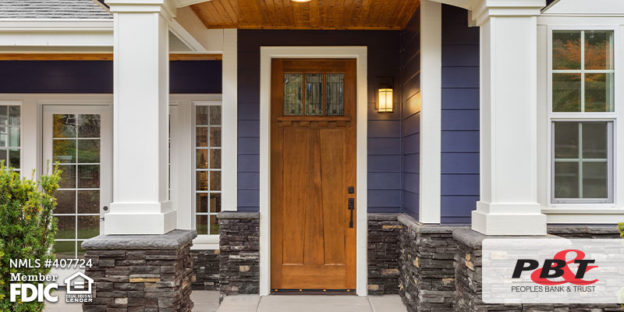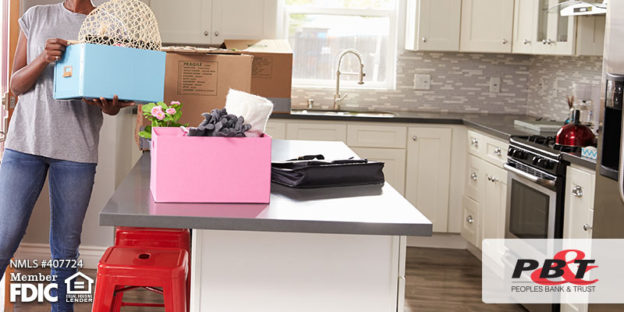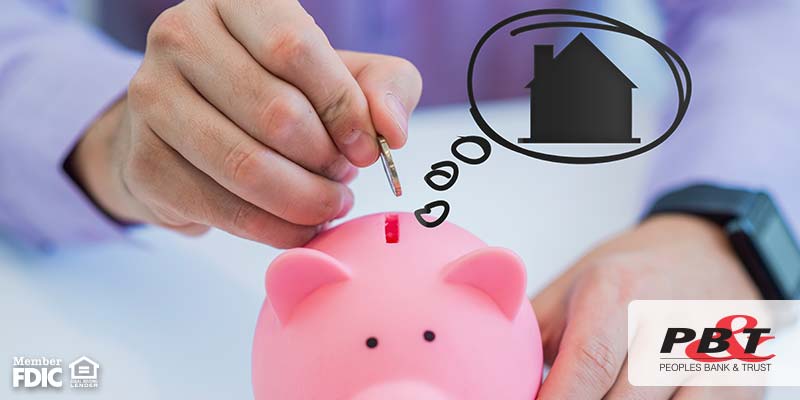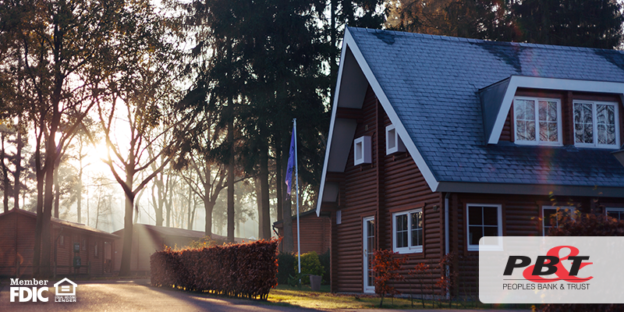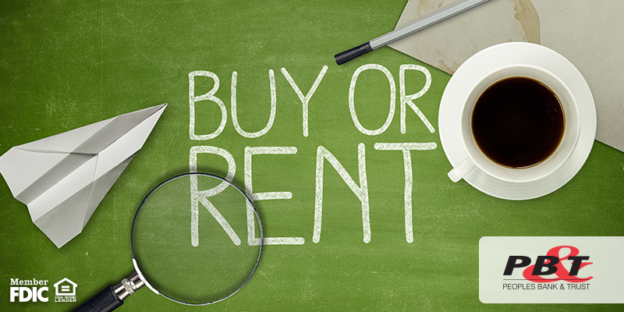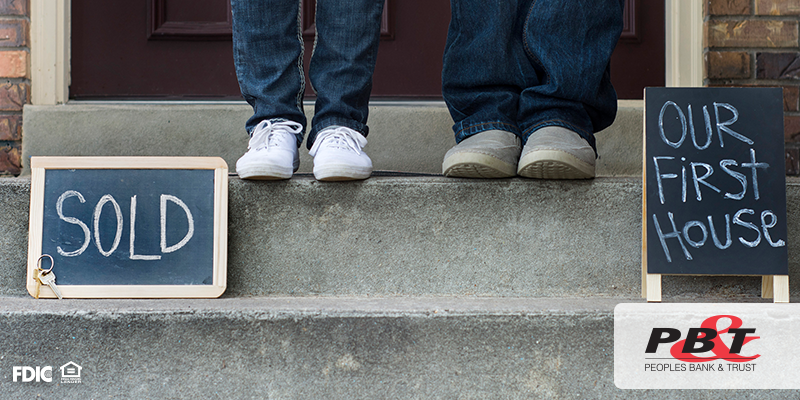It’s finally house hunting season and you could not be more excited to get the ball rolling on your big purchase! Before you hit the road or the search bar, take these 7 tips into consideration.
1. Know Your Limits
Before signing the papers or falling in love with the first home you see be realistic about what is in your budget. We recommend spending no more than 25 percent of your monthly income on the mortgage. When you know what this number is, be sure to stick with homes in that price range. Don’t even go into homes that are going to be proportionately out of that limit, or you may kick yourself later as you feel straddled with a home you can’t afford.
2. Be Realistic About Fixer Uppers
While they are fun to watch on TV, if you don’t have the skillset to actually fix homes, a house that needs a lot of TLC is likely not for you. Many see a low price on a home and jump on it, thinking the work needed will be minimal and easy. When it comes to home improvement, no fix is simple and this is even more true if you are a newbie to the renovation game. Often people do not realize the time commitment and additional cost that come with dramatic improvements.
3. Provide a Strong Down Payment
The more you are able to give for a down payment, the greater equity you will already have in the home in addition to a lower monthly payment. This will save you money on interest in the long run.
4. De-clutter the Current Space
It’s time to spring clean your “extras.” We all have things sitting around our home that go untouched and unneeded. Start selling these items at a local thrift store or posting them for sale online. This will help to make your move easier and be a helpful way to start saving for the down payment!
5. Take Your Time When Shopping
Don’t let the desire to get out of your current living space cloud the judgement of the purchase. Take your time studying each home and realize that this is one of the most important big purchases you will make in your lifetime. It needs to be a thoughtful, decisive purchase.
6. Eliminate Other Debts
Get a great deal on the mortgage by making sure your credit score is in tip-top shape. A large purchase with a loan or credit card right before you buy a home will certainly have an impact on your mortgage rate. Boost your credit score by paying down the debt you have and stay away from any other purchases until after the home is in your possession.
7. Conduct a Personal Roof to Basement Inspection
Know the property backwards and forwards before signing the dotted line. This means hiring a trusted inspector and having a contractor come to confirm the findings. After this, there is still a final step. You need to conduct a thorough inspection to ensure that you know exactly what you are in for. This is a great checks and balances system to confirm that you are getting a fair deal that won’t end up costing you thousands in repairs later.
Be smart with your finances and don’t spend all your money on a “dream home.” We’re here to help you know how much house you can afford, while offering mortgage solutions to fit your needs.
Peoples Bank & Trust Co.
Member FDIC
Equal Housing Lender
NMLS #407724


